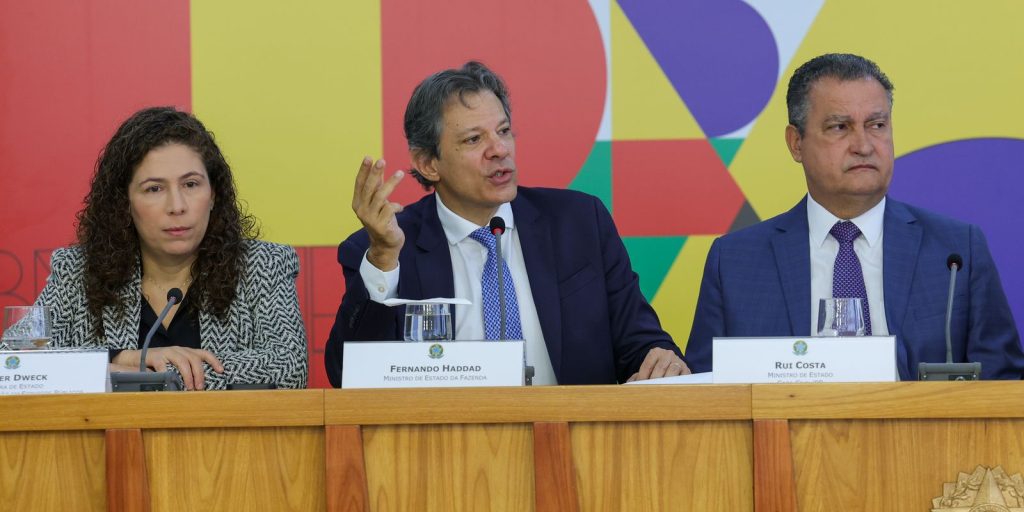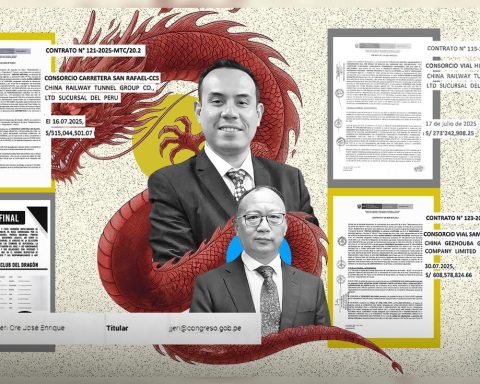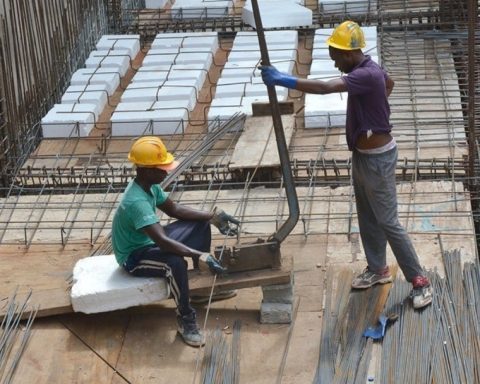There is Governors from Chile who earn on average about 8 million pesos per month, but they are not the only ones politicians or officials who have high salaries.
On this occasion we will tell you how much money a Department Head of the Department can earn per month. Ministry of Economy of Chile. This ministry is in charge of Nicolas Grau.
How much does a Head of Department of the Chilean Ministry of Economy earn per month?
The salaries of the workers of the Ministry of Economy They vary from one another, however, but some of the monthly compensation could exceed $4 million.
For example, the Head of the Administration and Finance Department (Santiago) can earn $4,191,146 in gross income.
What vacancies are there in the Chilean Ministry of Economy?
The vacancies to be filled in the Ministry of Economy of Chile are:
- Geospatial Analyst – Ñuble Infrastructure Unit (Chillán): $1,561,757 gross income.
- Head of Administration and Finance Department (Santiago): $4,191,146 gross income.
- Head of Party Offices (Santiago): income according to the 13th grade Professional Status of the EOF
- Technical Coordinator National Urban Citizen Security Survey (Santiago): $2,617,499 gross income.
- Manager of Continuous Surveys – Los Ríos Regional Directorate (Valdivia): $1,259,677 gross income.
- Professional grade 15 for the People Management and Development Unit (Valparaíso): $1,329,973 gross income.
- Administrative Office of Parties (Santiago): in accordance with the 19th grade Administrative Establishment of the EOF
- Interviewer, National Urban Citizen Security Survey Project (Metropolitan region or other regions): the indicated income corresponds to a base salary of $300,000 and $13,000 gross per survey reviewed and validated with a maximum limit of approx. of 99 surveys depending on the region.
What is the mission of the Chilean Ministry of Economy?
According to the official site of the Ministryit has the mission of promoting a new model of productive development in the country, which takes charge of the challenges associated with the climate crisis and the generation of quality jobs, through a comprehensive decentralized strategy with a gender perspective. , to promote innovation and technological change, entrepreneurship and digital transformation of MSMEs and cooperatives; changes that increase the productivity and competitiveness of our economy; and in which knowledge, science and technology play a primary role, in order to promote economic progress and increase the well-being of society.

















